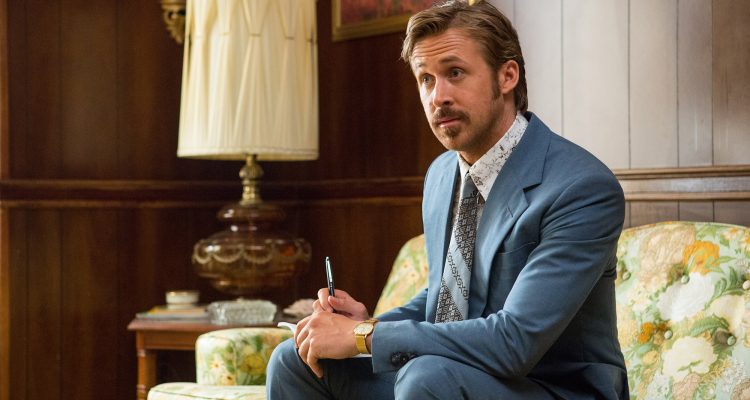There are few around Hollywood who have maintained the longevity and success of former studio head and producer Lorenzo di Bonaventura. During the 1990s, he was an executive at Warner Bros. and his self-named production company is behind mega-franchises like “Transformers,” along with numerous box office hits in the past decade. Next week, he steps back in the cinema fray with “Deepwater Horizon,” which is riding out of the Toronto International Film Festival with very good buzz (read our review). However, in a candid interview with THR, Bonaventura reveals his dissatisfaction with the industry when it comes to taking risks, particularly in an era when audiences have more choices than ever for entertainment and plenty of reasons to watch TV instead of going to the multiplex.
“As an industry, we’ve weathered the collapse of DVD. We’ve weathered the onslaught of video games and really quality television. The disappointment I have is that the response to those challenges has been a narrowing of choice. And I don’t think that’s the right thing,” Bonaventura said. “We’ve abandoned young males largely in our business. They like R-rated movies. They were the most dependable audience of my 25 years in this business. They’ve become less dependable because we are not making product for them. That’s a big mistake.”
I understand the larger point Bonaventura is trying to make, but I’d argue that it’s fair to say that Hollywood continues to make movies mostly with the young male audience in mind. The obvious example from this year is the R-rated smash success of “Deadpool,” but two other R-rated movies aimed right at that demographic —”The Nice Guys” and “Popstar: Never Stop Never Stopping“— were box office flops. Perhaps studio executives are hesitant about greenlighting R-rated movies because results can vastly vary, and a targeted group doesn’t always show up. Not to mention the fact that we’ve had decades of movies geared toward young males, and maybe what the industry needs are movies that reflect a more diverse audience.
At any rate, Bonaventura thinks that there’s been too much compromise already, and points to this weekend’s “The Magnificent Seven” and its PG-13 rating as an illustration of what he’s talking about.
“That’s a perfect example of the mentality. It makes no sense to me. It makes me not want to see it. The notion that polarization and controversy is unprofitable is something I absolutely reject. The fear of that has the corporate masters of the business —and I don’t mean the people running the studios, I mean their bosses— [becoming] increasingly safe. I’ve had personal experience where controversy has made movies widely profitable,” Bonaventura said. ” ‘Three Kings,’ ‘Training Day,’ ‘Falling Down,’ [‘The] Matrix‘ in its own way was not exactly controversial, but it was in your face. With ‘Three Kings,’ every single time we tested the movie, when the woman got shot in the head during the milk truck scene, 10 percent of the audience stood up and walked out. And we kept it in. Today they would take it out.”
Certainly, Hollywood at the moment is playing the blockbuster game and trying as much as possible to follow the blueprint of expanded franchises like Marvel is doing. But does that come at too great a creative expensive? Let us know below.

